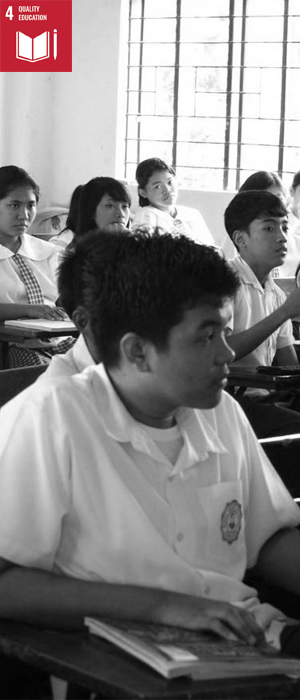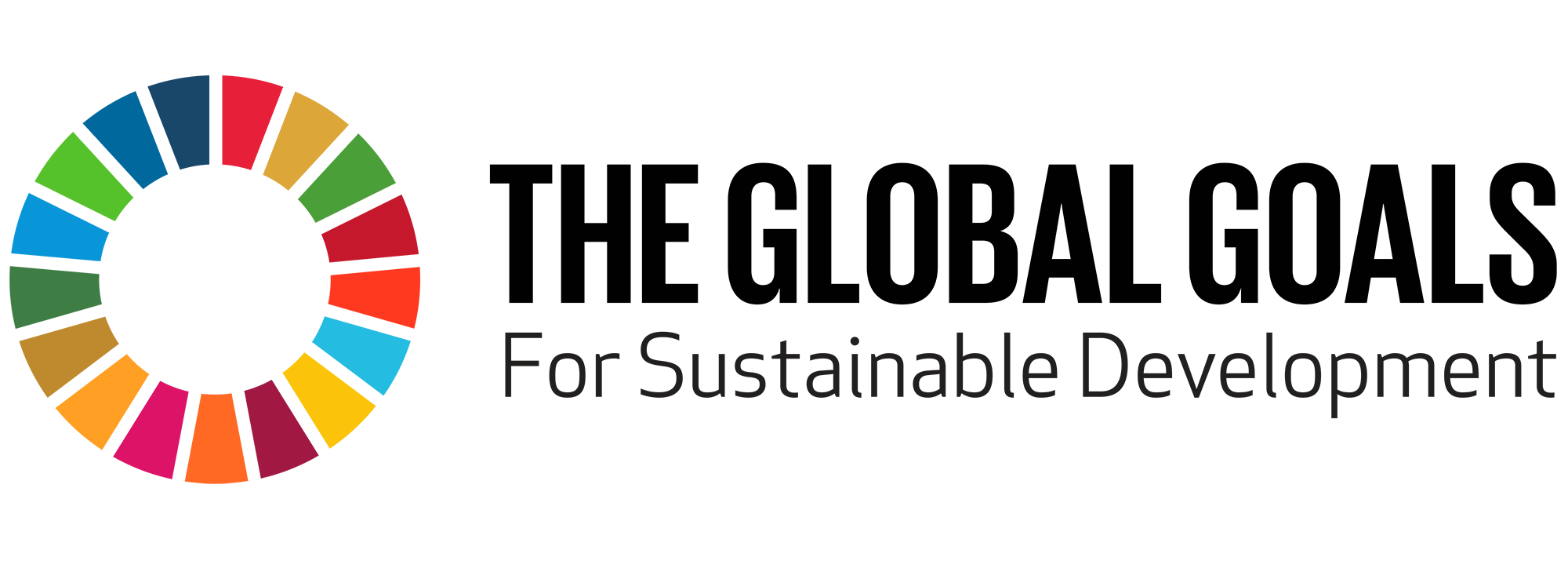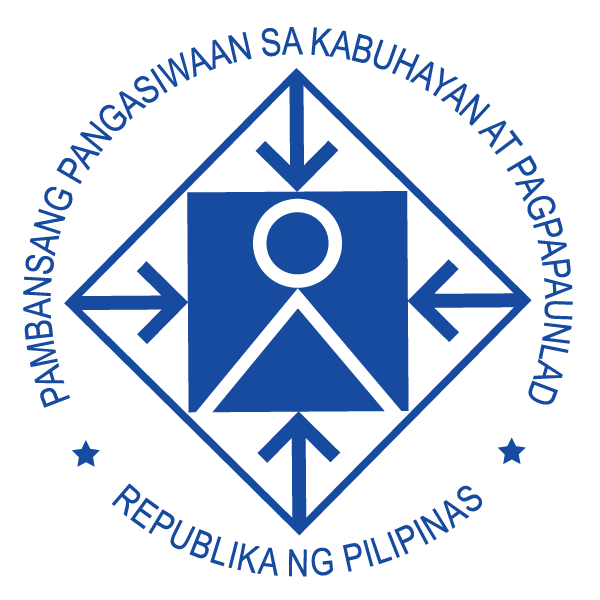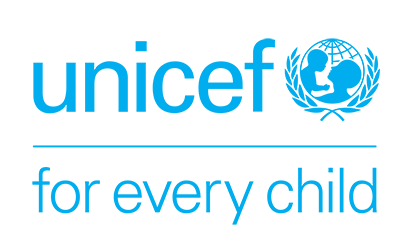Ensure inclusive and equitable quality education and promote lifelong learning opportunities for all

Goal 4 in Numbers
targets
By 2030:
Ensure that all girls and boys complete free, equitable and quality primary and secondary education leading to relevant and Goal-4 effective learning outcomes
Ensure equal access for all women and men to affordable and quality technical, vocational and tertiary education, including university
Substantially increase the number of youth and adults who have relevant skills, including technical and vocational skills, for employment, decent jobs and entrepreneurship
Eliminate gender disparities in education and ensure equal access to all levels of education and vocational training for the vulnerable, including persons with disabilities, indigenous peoples and children in vulnerable situations
Ensure that all youth and a substantial proportion of adults, both men and women, achieve literacy and numeracy
Ensure that all learners acquire the knowledge and skills needed to promote sustainable development, including, among others, through education for sustainable development and sustainable lifestyles, human rights, gender equality, promotion of a culture of peace and non-violence, global citizenship and appreciation of cultural diversity and of culture’s contribution to sustainable development
Build and upgrade education facilities that are child, disability and gender sensitive and provide safe, nonviolent, inclusive and effective learning environments for all
Substantially expand globally the number of scholarships available to developing countries, in particular, least developed countries, small island developing States and African countries, for enrolment in higher education, including vocational training and information and communications technology, technical, engineering and scientific programmes, in developed countries and other developing countries
Substantially increase the supply of qualified teachers, including through international cooperation for teacher training in developing countries, especially least developed countries and small island developing states

GOAL 4 IN ACTION
List of Key Government Programs, Activities, or Projects (PAPs) Contributing to Goal 4.
Free TVET Programs
Free skills training, assessments and other benefits, as applicable under TESDA scholarship programs
Universal Access to Quality Tertiary Education
The Universal Access to Quality Tertiary Education Act (RA 10931) which was signed into law last August 2017
Alternative Delivery Modes
Two of the major ADMs of DepEd include the Modified In-School, Off-School Approach (MISOSA) and the Enhanced Instructional Management by Parents, Community, and Teachers (e-IMPACT) MISOSA.


